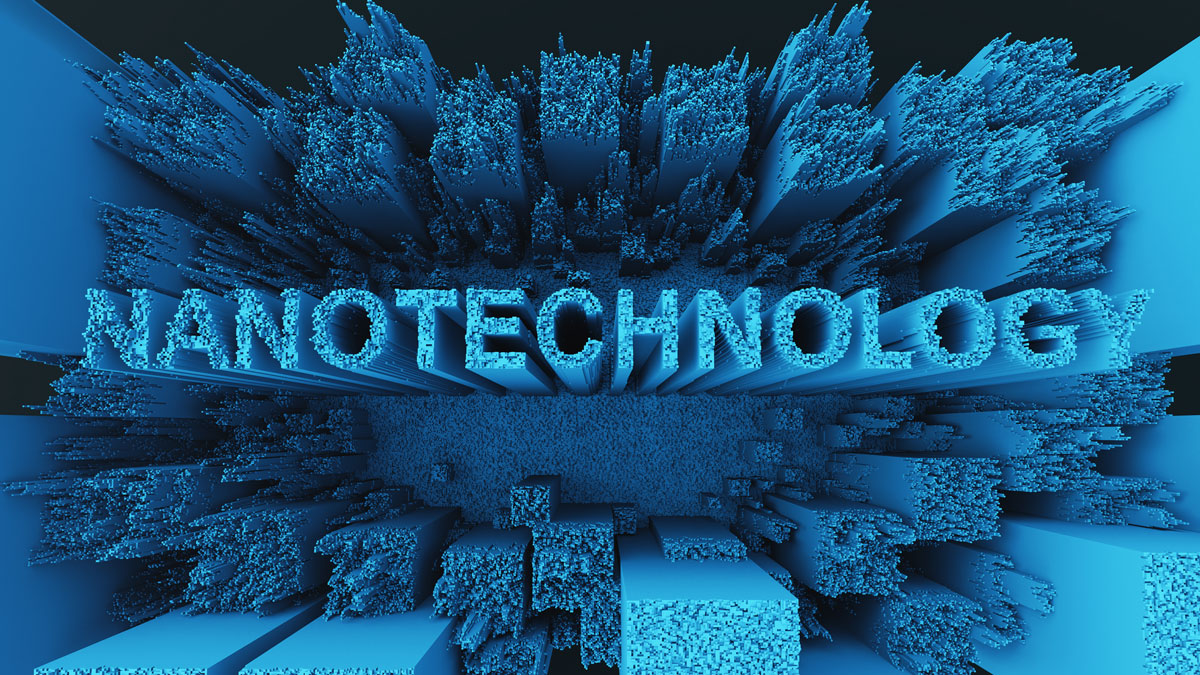Category: Technical Activities
Get the latest updates from Technical Activities – featuring council announcements, member highlights, and key developments across the global nanotechnology community.
IEEE Nanotechnology Council TC10 – Modeling and Simulation 2023 webinar series. Organizer: Josef Weinbub, TC 10 Vice Chair, weinbub@iue.tuwien.ac.at Format: 1 hour Webex webinars Webinar 2 Date: October 12, 2023 Time: 16:00 PDT, 1:00 CEST, 08:00 JST Speaker: Gerhard Klimeck, Professor and nanoHUB Director, Purdue University Topic: nanoHUB for Research and Education in Nanoelectronics Register below to receive meeting link Abstract Over 200,000 nanoHUB users have run over 7 million [...]
IEEE NANOTECHNOLOGY COUNCIL – Technical Committee 2 Nano-Biomedicine presents Webinar: “Nanomaterials-Mediated Manipulation of Cellular Functions” with Prof. Gianni Ciofani When: Tuesday 12th September 2023 11:00 AM (GMT +1 – Rome (IT)) Abstract: The remote control of cellular functions through smart nanomaterials represents a bio-manipulation approach with unprecedented potential applications in many fields of medicine, ranging from cancer therapy to tissue engineering. By actively responding to external stimuli, smart nanomaterials act as real [...]
The Technical Committee on Emerging Plasma Nanotechnologies of the IEEE Nanotechnology Council will hold its fifth online workshop on Monday June 26th at 8:00 pm CST (UTC-5, Chicago-Austin time zone), or Tuesday June 27th 2023, at 10:00 am JST (UTC+9, Tokyo time zone), and 3:00 am CEST (UTC+2, Berlin). It will be virtual with a very exciting program with speakers from academia and attendees from academia, national laboratories and industry. Attendance is [...]
Date: June 27, 2023 Topic: Atomistic TCAD Simulations Speaker: Philippe Blaise, Atomistic Senior Application Engineer, TCAD Division, Silvaco, Inc. Time: 8:00 PDT, 17:00 CEST, 00:00 JST Register below to receive meeting link. Recording is available here: https://ieeemeetings.webex.com/ieeemeetings/ldr.php?RCID=43909602dc9d04fba335a63a61e1a65f Abstract: For designing the most advanced technological nodes, quantum effects become hard to approximate. This leads to the failure of using conventional TCAD tools that are essentially based on empirical laws. [...]
IEEE Nanotechnology Council TC10 - Modeling and Simulation announces its 2023 webinar series. Organizer: Josef Weinbub, TC 10 Vice Chair, weinbub@iue.tuwien.ac.at Format: 1 hour Webex webinars Announcements for each webinar will be posted with registration link to receive the link for that meeting. Webinar 1 Date: June 27, 2023 Time: 8:00 PDT, 17:00 CEST, 00:00 JST Speaker: Philippe Blaise, Atomistic Senior Application Engineer, Silvaco, Inc. Topic: Atomistic TCAD Simulations [...]





